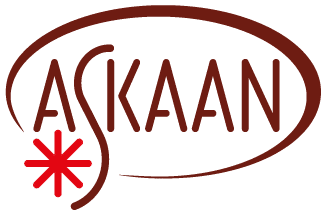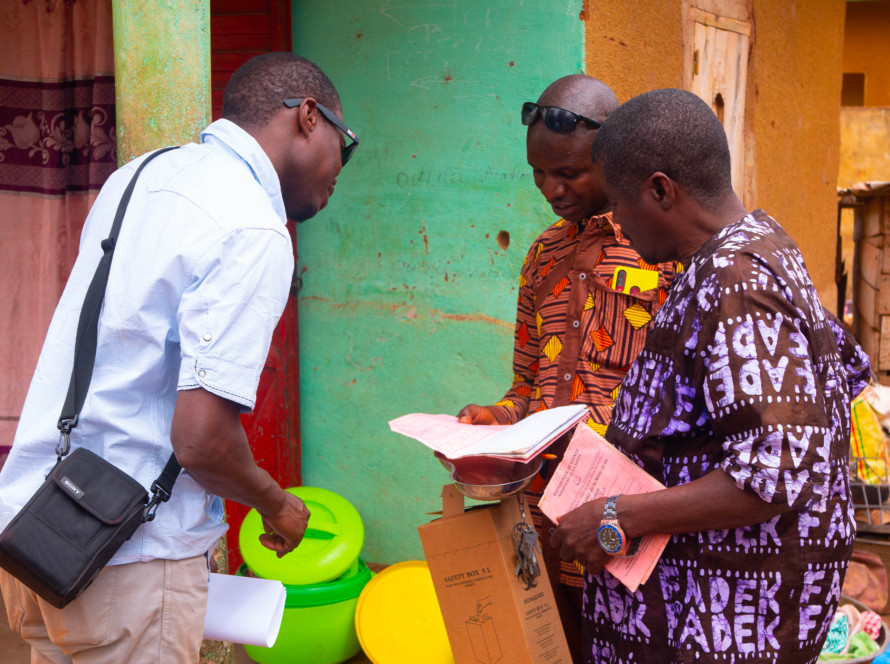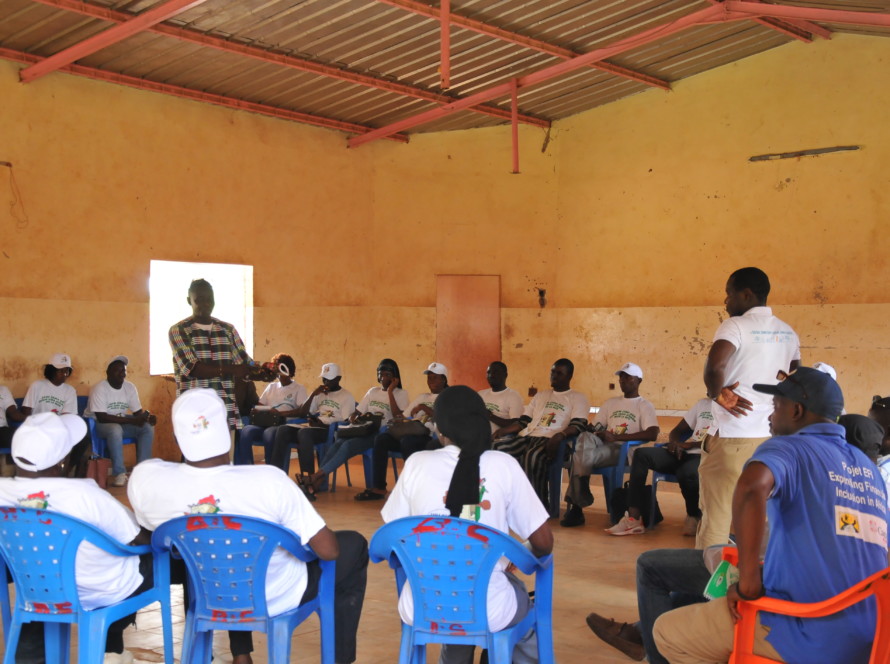In the field of sustainable development and the fight against poverty, knowledge management is a fundamental issue for learning and innovation. To compensate for the lack of a living memory in the optimal management of health projects and programmes, and to avoid repeating mistakes made during implementation, it is essential to capitalise on the experience gained from both positive and negative experiences, with a view to deriving benefits. The capitalisation approach, which is virtually absent from the design of action plans, is the only alternative available to programme managers. It enables them to take ownership of the approach, methods and processes which have made it possible to achieve the objectives assigned to health programmes.



